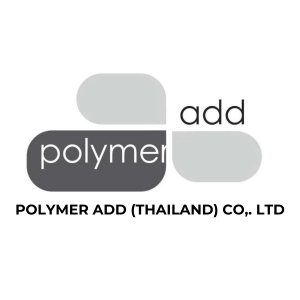Polypropylene wax is utilized in dedicated masterbatch formulations for spinning acrylic, polyester, and nylon fibres. These masterbatches are tailored to optimize the spinning process and improve the properties of the resulting fibres. Here are some common uses of polypropylene wax in these applications:
Processing Aid
Polypropylene wax serves as a processing aid during the spinning process of acrylic, polyester, and nylon fibres. It helps reduce melt viscosity, facilitating smoother extrusion through spinnerets and improving the flowability of the polymer melt. This aids in maintaining consistent fiber quality and uniformity.
Temperature Control
Polypropylene wax can help regulate the temperature of the spinning process by acting as a thermal regulator. It aids in dissipating heat generated during processing, preventing overheating and thermal degradation of the polymer. This is crucial for maintaining the integrity and properties of the fibres.
Reduced Friction and Wear
Incorporating polypropylene wax into masterbatch formulations reduces friction and wear on processing equipment, such as spinnerets and extrusion machinery. This extends the operational lifespan of the equipment and reduces maintenance requirements, leading to increased efficiency and cost savings.
Improved Fiber Properties
Polypropylene wax can enhance the properties of acrylic, polyester, and nylon fibres. By optimizing processing conditions and reducing stress concentrations during spinning, polypropylene wax contributes to improved fiber strength, elongation, and abrasion resistance. This results in fibres with enhanced mechanical properties suitable for various applications.
Surface Finish Enhancement
Polypropylene wax helps improve the surface finish of the fibres produced from dedicated masterbatch formulations. It imparts a smoother texture and appearance to the fibres, enhancing aesthetics and feel, which is desirable for applications such as textiles, apparel, and carpets.
Antistatic Properties
Polypropylene wax can serve as an antistatic agent in masterbatch formulations for acrylic, polyester, and nylon spinning. It helps minimize the buildup of static electricity on the surface of the fibres, reducing issues such as dust attraction, static cling, and electrical discharge.
